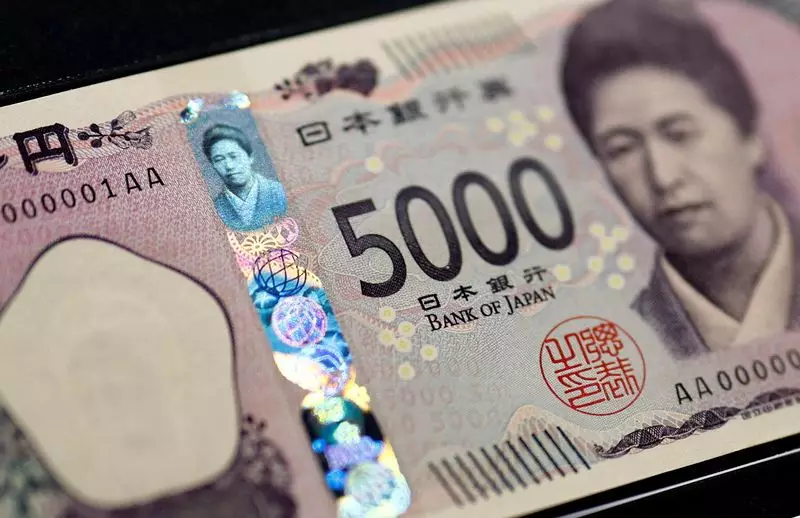The dynamics of foreign exchange markets are often propelled by intricate interplays among monetary policies, political maneuvers, and economic indicators. Recently, a convergence of events has influenced currency fluctuations, particularly highlighted by the U.S. dollar’s interactions with the Japanese yen in the lead-up to Donald Trump’s presidential inauguration. The implications of these movements extend beyond mere numeric changes; they reflect deeper sentiments within global investment circles.
On a recent trading day, the U.S. dollar regained some strength against the yen, yet this upturn is juxtaposed against a broader context where the dollar is set to end the week lower after an extended six-week period of gains. The anticipation surrounding Trump’s inauguration day is palpable, as market participants are keen to discern the new administration’s approach to economic policy. This upcoming handover of power evokes uncertainty, prompting investors to position themselves cautiously ahead of potential changes in fiscal and monetary strategies.
Despite the dollar’s relative strength in the moment, its trajectory remains vulnerable. Foremost on investors’ minds is the robust performance of the yen this week, poised for its best week in over a month, largely driven by burgeoning expectations surrounding the Bank of Japan (BOJ) and an anticipated rate hike. Money markets are currently estimating an 80% chance of a 25-basis-point increase in interest rates. This is noteworthy, as the theory posits that the BOJ’s potential policy shift may lead to a weakening of dollar strength if Trump’s initial days in office prove tumultuous.
Recent remarks from officials at the Bank of Japan alongside favorable Japanese economic data suggest persistent inflationary pressures, leading to increased speculation for a rate hike. Investors are thus faced with playing a waiting game, balancing BOJ policies against the looming unpredictability of Trump’s governance. Analysts highlight that if the markets react negatively to Trump’s inauguration, the BOJ might reconsider any immediate moves to change interest rates, which could, in turn, weaken the yen’s recent gains.
The interaction of the dollar and the yen is emblematic of broader market sentiments toward risk. The greenback’s ascent was previously propelled by rising U.S. Treasury yields amid expectations that Trump’s policies could ignite inflationary pressures in an already buoyant U.S. economy. However, recent softening core inflation data has given pause to aggressive predictions for interest rate adjustments, especially those anticipated from the Federal Reserve.
Global Markets and Investor Sentiment
As uncertainty looms over Trump’s policy agenda, how investors react to his inaugural speech remains crucial. With speculation rife about executive actions Trump may undertake, financial analysts emphasize that the window of time leading up to the inauguration may serve as a period of cautious consolidation in markets. For other currencies, such as the euro and the British pound, similar caution pervades. The pound, for example, reflects its own vulnerabilities, having recently marked a 14-month low following weaker retail sales data in the U.K.
Other currency movements reveal a juxtaposition of stability and instability. The euro has shown little movement against the dollar, indicating a lack of decisive action from European officials amidst their own economic challenges. Meanwhile, the Chinese yuan displayed resilience after stronger-than-expected growth data highlighted Beijing’s ability to manage its economy effectively amidst trade tensions—an area that remained a hot topic during Trump’s previous administration.
Amid the complexities of traditional currency markets, alternative currencies like Bitcoin have also exhibited unique behaviors. With a recent uptick in its valuation, speculation points toward the hope that a Trump administration may bring about more favorable regulation for cryptocurrencies, potentially opening new avenues for investment.
The present landscape of currency markets embodies a complex interplay of anticipation, strategic positioning, and economic indicators. As the U.S. transitions to a new presidential administration, market reaction is expected to evolve, driven by the extent to which new policies align with or diverge from prior trends. Investors remain on high alert, navigating both the challenges and opportunities that arise from these shifting currents.

